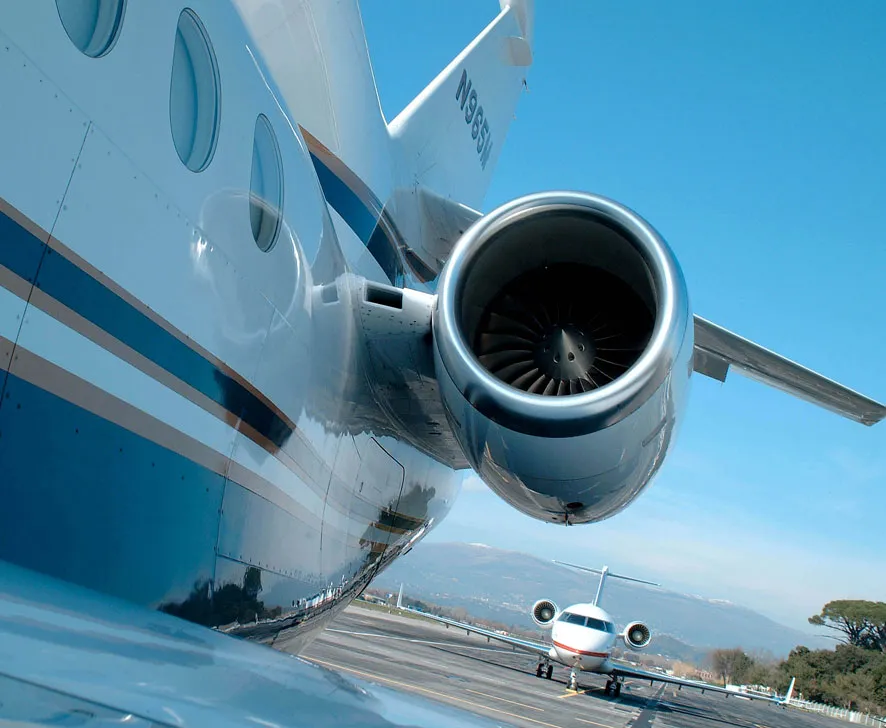Boulder staff analysis: Closing airport, selling land could inject $400M into city coffers

Closing the Boulder Municipal Airport in 2041 and selling off the public land to developers could result in a $400 million windfall for the city.
THIS ARTICLE IS FOR SUBSCRIBERS ONLY
Continue reading for less than $3 per week!
Get a month of award-winning local business news, trends and insights
Access award-winning content today!
Already have a paid subscription?





